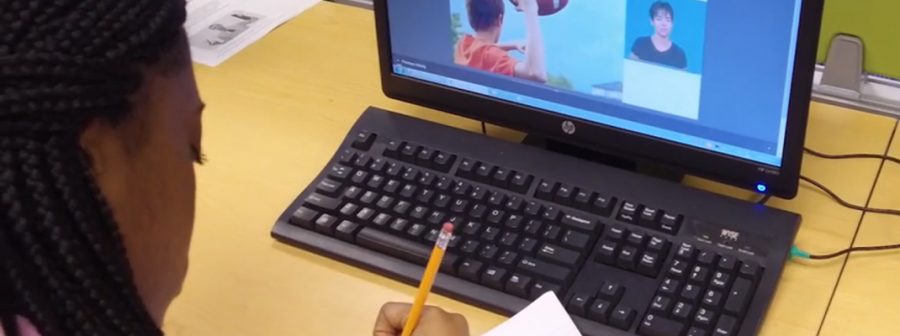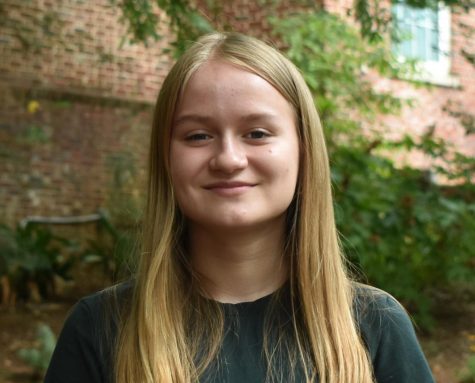Teachers adjust to virtual learning as school closure persists
Teachers made the switch to virtual learnning after APS officially closed all schools beginning March 16.
March 27, 2020
Two weeks ago, Superintendent Dr. Meria Carstarphen’s announced the closure of Atlanta Public Schools as the coronavirus threat loomed; most teachers had expected the switch.
“While the inevitability of a closure seemed to weigh on all of us in the last week or two, I don’t think many of us would have predicted this as of a month ago,” Language Arts teacher Kate Carter said. “That said, each day last week felt like a million years.”
Teachers feel that the switch from in-person to virtual learning is still in the transition stage, but this transition has been relatively seamless.
“The transition has actually been very smooth,” Advanced Placement Biology and Oceanography teacher Nikolai Curtis said. “Students seem to be taking it seriously because it was explained to them that this is not a ‘snow day’ suspension of school. I was adamant about explaining this so they would take it seriously.”
Some teachers believe that a potential benefit of virtual learning is that students will be able to relax from the structure of high school and get a better feel for a college format.
“I think this virtual learning experiment may allow students who are frustrated by the limitations of the regular school day to see what it feels like to have the freedom to work on their own timeline,” Carter said. “It’s a little more like college in that way.”
Others find that the main advantage is that students can receive instruction, through applications including Google Meet, Google Classroom and Zoom.
“I spoke to students through Google Meet to clarify instructions or help them get to their learning platform,” Curtis said. “They seemed very thankful that we are still teaching them and willing to ensure they get through this extraordinary time in our lives.”
Minor technical issues and worries about student well being have been the main challenges faced by teachers.
“Do they have food to eat,” Carter said. “Do they have additional responsibilities, like taking care of younger siblings? Are they worried about their parents’ jobs? Is their home a safe and happy place? Are they sharing one computer or one cell phone with multiple family members? These are the things I worry about.”
However, certain classes are more difficult to adapt to virtual learning than others. Orchestra teacher Krissi Davis has faced setbacks such as device lag and lack of access to instruments.
“Music classes do not lend well to virtual learning as much as some other classes,” Davis said. “The group element that happens and is needed in orchestra classes is hard to duplicate online. Luckily, the music education community in APS and on the whole have been very supportive in helping music educators adapt to this environment.”
Teachers recommend that students maintain patience and a structured schedule as they adjust to virtual learning.
“This is new for everyone,” Carter said. “Know that teachers are doing their best. Give us grace. Give themselves grace.”







